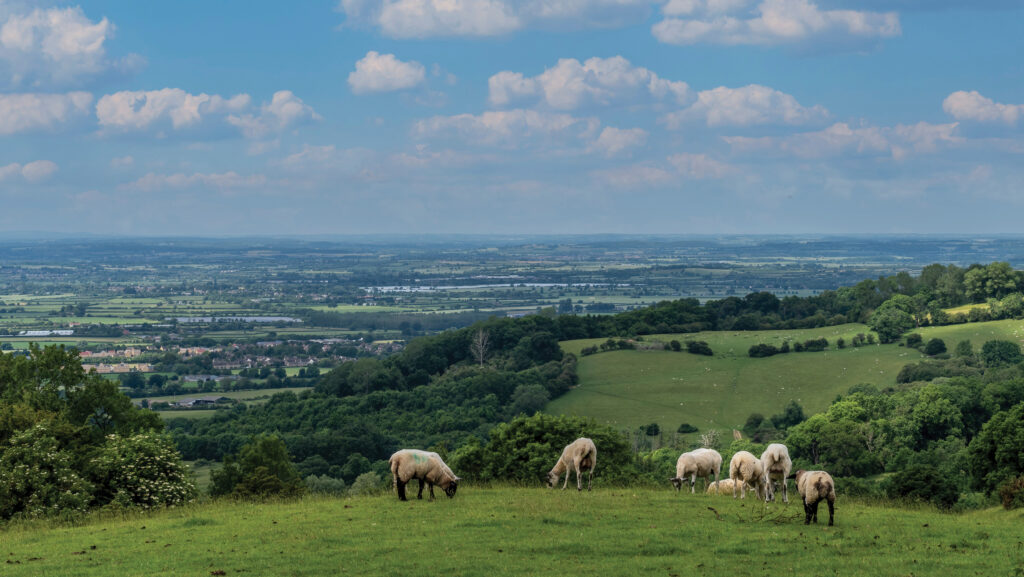This Week in Farming: Welsh SFS, Walston and harvest update
 © Adobe Stock
© Adobe Stock Welcome back to another edition of This Week in Farming, the easiest place to find our best content from the past seven days.
Before we get started, here’s how the markets are doing.
Now, on with the show.
Welsh government turmoil
The resignation of four members of first minister Vaughan Gething’s cabinet this week prompted him to eventually concede that he too would have to step down from office, casting fresh doubt on the development of Welsh farm policy.
Rural affairs minister Huw Irranca-Davies – who is set to face farmers at the Royal Welsh Show on Monday – revealed further detail of the five interim support schemes for farmers and landowners this week, and said he was “getting on with the job” despite the latest round of infighting.
In other Welsh news, the turmoil at levy board Hybu Cig Cymru rumbles on after it publicly attacked its former chief executive, Gwyn Howells, by revealing an independent inquiry would have recommended his dismissal for gross misconduct had he not resigned.
Tribute to Oliver Walston
News emerged this week of the passing of Oliver Walston, the remarkable farmer and agricultural commentator who became well-known in the 1980’s and 1990s for his outspoken attacks on production subsidies.
I was delighted when Mr Walston’s son, David – who took up the reins at the family’s Cambridgeshire arable farm – accepted my invitation to write a tribute to his father.
Write to philip.clarke@markallengroup.com if you’d like to submit your memories of him to the letters page for publication next week.
Harvest update
Combines have broken cover in increasing numbers this week, amid a welcome blast of hot weather for many.
We report on OSR harvest in Rutland and at PX Farms – which covers land across a swathe of eastern England and the home counties – with boss James Peck revealing it will be the last time he grows the high-risk crop.
You can be in with a chance of seeing your best snap on the cover of Farmers Weekly by submitting your picture for consideration, and we’ll post as many as possible across our social media channels.
In my editorial this week, I mull that it is going to be a season to forget for agronomists as well as farmers, and ponder briefly what lies in store for the serviced agronomy sector.
Lower carbon beef and dairy
Meat and milk with lower emissions is a topic that infuriates some, while being an increasing priority for others. But it’s a subject that looks set to dominate discussion in the livestock sector for the foreseeable future.
The first results from an ongoing ABP-backed study into on-farm emissions in beef and sheep were published this week, with 50 farmers from a range of systems participating.
There’s no suggestion, at this stage, that the meat processor intends to incentivise lower emissions in its pricing structure.
Meanwhile, the Duke of Westminster’s Grosvenor Farms welcomed visitors recently to show how it has achieved one of the lowest carbon dioxide emissions per litre of milk produced from its herd of 2,600 housed cows.
Who’s up and who’s down?
Feeling glum this week – and for much of last year – is definitely agricultural merchant Mole Valley Farmers, after the co-operative revealed it had slumped to a £7.6m trading loss thanks to an IT incident and tough trading conditions.
On the up are Martin and Michael Waldock, the cheerful-sounding contractors who threw open the barn door for the latest What’s in Your Shed?
Here’s a sentence from Martin that I’m sure will resonate with many:
“I was once told that, if you can afford to write a cheque out for your depreciation at the end of the year, then you’re doing OK. And that’s been my mantra ever since.”
Listen to the podcast
Don’t forget to tune into this week’s FW podcast with Johann Tasker and guests.
You’ll find it anywhere you listen to podcasts, or free to listen to on our website.
